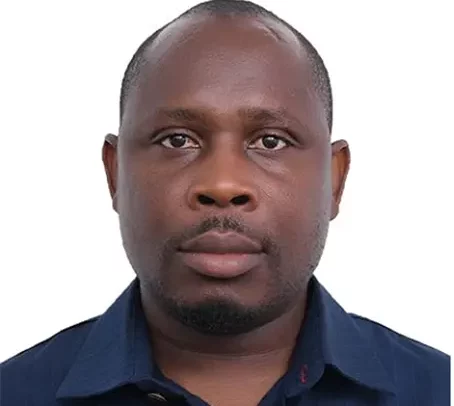Paul Kwabena Amaning
The Oil Palm Development Association of Ghana (OPDAG) has commended the government for the far-reaching announcement in the 2026 Budget of a dedicated US$500 million Oil Palm Development Finance Window.
A statement issued and signed by the President of the Association, Paul Kwabena Amaning, said the commitment reflects the government’s recognition of the oil palm sector as a strategic pillar for economic transformation, industrialisation and large-scale job creation across Ghana’s agricultural value chain.
Presenting the 2026 Budget Statement in Parliament on November 13, 2025, Minister for Finance, Dr. Cassiel Ato Forson, announced that government will establish a $500 million oil palm development financing window in partnership with the World Bank and other Development Banks to support large-scale and sustainable oil palm production in Ghana.
Delivered under the new National Policy on Integrated Oil Palm Development (2026-2032), the initiative, the government announced, includes a long-tenor, concessionary financing facility with a five-year moratorium on principal and interest.
It also include funding support covering up to 70% of project costs for plantations, processing and value-addition facilities.
“A national target of cultivating 100,000 hectares of new plantations and generating over 250,000 direct and indirect jobs, a clear focus on sustainability, out-grower schemes and value-addition to build a globally competitive oil-palm economy,” the Minister for Finance announced.
The Oil Palm Development Association of Ghana noted that the policy direction is timely, given that Ghana produces approximately 300,000 metric tonnes of palm oil annually against a national demand of over 400,000 metric tonnes, leaving a deficit of more than 100,000 tonnes.
According to the Association, closing the gap will reduce imports, conserve foreign exchange as well as strengthen rural livelihoods.
The Association disclosed its collaboration with Royvia Plus International to enhance traceability, monitoring, and security across agricultural supply chains.
It said, “The DJER System introduces end-to-end traceability for oil palm production, from plantation through processing, storage, transport and export.”
The technology, it explained, will support Ghana’s compliance with international market requirements, reduce illicit trade, facilitate quality assurance, and strengthen investor confidence in the sector.
“OPDAG stands ready to collaborate with Government, financial Institutions, development partners and private-sector actors to ensure successful implementation of this landmark facility,” parts of the statement read.
The Association further urged all stakeholders to embrace innovation, adopt sustainable practices, and integrate digital tools to accelerate the growth of a modern compliant oil palm industry.
By Ebenezer K. Amponsah


